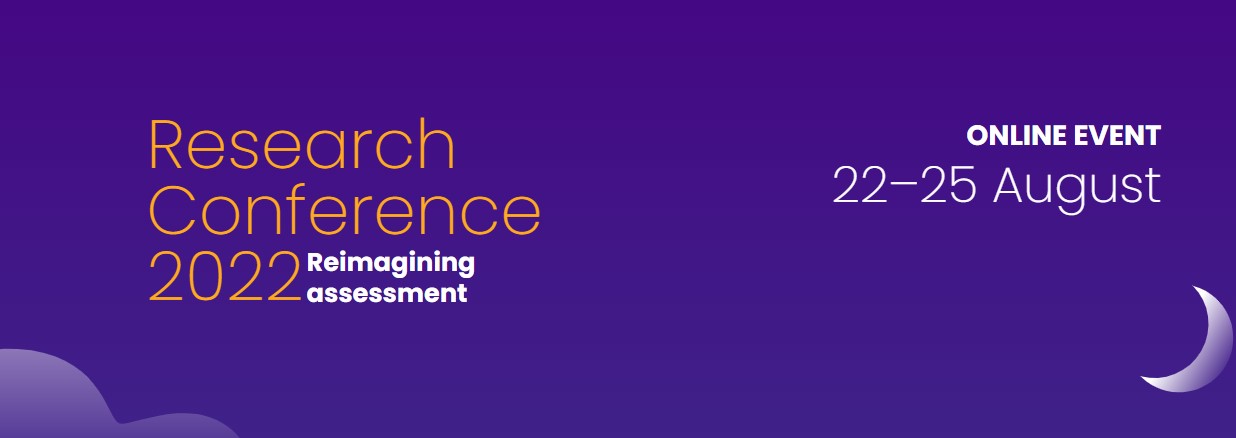Start Date
22-8-2022 11:15 AM
End Date
22-8-2022 12:15 PM
Subjects
Student assessment, Monitoring (Assessment), Evaluation methods, Learning progressions, Teaching effectiveness, Primary secondary education
Abstract
Assessment is commonly understood as the process of judging how well students have learnt what they have been taught. It comes at the end of a sequence that begins with a curriculum or course syllabus. Teachers are expected to deliver this body of specified content, students are expected to learn it, and assessment is the process of judging and grading students on how well they have learnt what teachers have taught. This is a common view of assessment among students, parents and many teachers. I will argue in this presentation that this traditional understanding of what it means to learn successfully is no longer serving us well. It results in many less advanced students falling further behind in their learning, being written off as poor learners, and eventually disengaging from school. It also fails to challenge and extend some of our most advanced students, resulting in less progress than they are capable of making. The alternative is to use assessment to monitor learning – that is, to establish and understand where learners are in their long-term learning progress; to evaluate growth over time; and to provide teachers, students, parents, school leaders, system managers and governments with quality information to promote further learning. Shifting the focus from judging and grading to monitoring would be a significant change in assessment practice with the potential to better support successful learning.
Recommended Citation
Masters, G. N. (2022). Keynote: Reimagining the purpose of assessment. In K. Burns (Ed.), Research Conference 2022: Reimagining assessment: Proceedings and program. Australian Council for Educational Research. https://doi.org/10.37517/978-1-74286-685-7-10
Copyright Statement
Copyright Australian Council for Educational Research 2022
Place of Publication
Melbourne, Australia
Publisher
Australian Council for Educational Research
ISBN
978-1-74286-685-7
DOI
https://doi.org/10.37517/978-1-74286-685-7-10
Included in
Curriculum and Instruction Commons, Educational Assessment, Evaluation, and Research Commons
Reimagining the purpose of assessment
Assessment is commonly understood as the process of judging how well students have learnt what they have been taught. It comes at the end of a sequence that begins with a curriculum or course syllabus. Teachers are expected to deliver this body of specified content, students are expected to learn it, and assessment is the process of judging and grading students on how well they have learnt what teachers have taught. This is a common view of assessment among students, parents and many teachers. I will argue in this presentation that this traditional understanding of what it means to learn successfully is no longer serving us well. It results in many less advanced students falling further behind in their learning, being written off as poor learners, and eventually disengaging from school. It also fails to challenge and extend some of our most advanced students, resulting in less progress than they are capable of making. The alternative is to use assessment to monitor learning – that is, to establish and understand where learners are in their long-term learning progress; to evaluate growth over time; and to provide teachers, students, parents, school leaders, system managers and governments with quality information to promote further learning. Shifting the focus from judging and grading to monitoring would be a significant change in assessment practice with the potential to better support successful learning.


